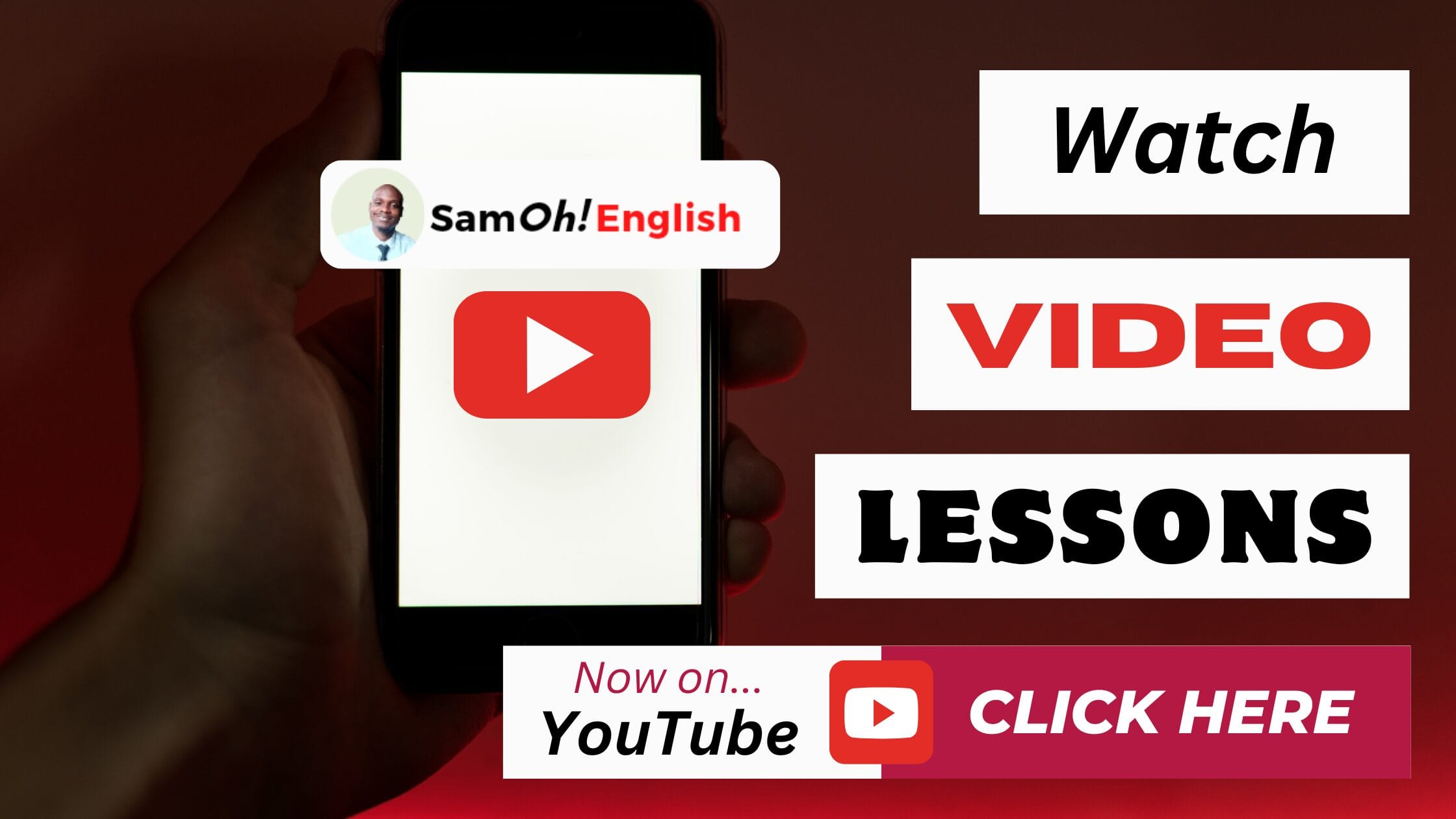Concord in English refers to the agreement between the subject of a sentence and the verb in the same sentence.
It is also known as “Subject-Verb agreement”.
All the rules can be summarized as “the verb form used in a sentence must agree with the number (singular or plural) or the person (1st, 2nd, 3rd) of the subject in the sentence.
Basic rules of concord in English with examples
1. Singular / Singular
When the (subject) is singular the verb must also be singular.
- (The dog) is sleeping.
2. Plural / Plural
When the (subject) is in plural form, the verb must also be in plural form.
- (The dogs) are sleeping.
3. Connected by “and”
When two or more singular (subjects) are connected by “and“, use a plural verb.
- (The dog) and (the cat) are sleeping.
4. Connected by “and not”
When two or more singular (subjects) are connected by “and not”, use a singular verb.
- (The dog), and not (the cat), is sleeping.
5. Connected by “and” but still singular
When singular (subjects) connected by “and” refers to the same person / thing or always go together, use a singular verb.
- (The President) and (number one citizen) has arrived. — SAME PERSON
- (Beans) and (rice) is my favourite food. — GOES TOGETHER
6. Indefinite pronouns
Indefinite pronouns like (everyone, somewhere, nobody, etc.) always take singular verbs.
- (Everyone) wants to succeed.
7. Connected by “or / nor”
When two (subjects) are connected by “or / nor”, the verb agrees with the subject closer to it.
- Neither (the teacher) nor (the students) have a pen.
- Neither (the students) nor (the teacher) has a pen.
8. First or second-person pronoun
When the (subject) is a 1st or 2nd person pronoun, use a plural verb.
- (I) have a dream. — FIRST-PERSON
- (We) have a dream. — FIRST-PERSON
- (You) have a dream. — SECOND-PERSON
9. Third-person singular
When the (subject) is a third-person SINGULAR pronoun, use a singular verb.
- (She) has a dream.
10. Third-person plural
When the (subject) is a third-person PLURAL pronoun, use a plural verb.
- (They) have a dream.
11. Units of measurement
Expressions of time, distance, money or other measurement are followed by singular verbs.
- Ten million (dollars) is a huge sum.
12. Semi-conjunctions
When two (subjects) are connected by a semi-conjunction, the verb agrees with the FIRST subject.
- (The coach), together with (his assistants), was praised.
- (His assistants), together with (the coach), were praised.
13. Nouns ending with ‘s’
Some (singular nouns) end with “s”, use a singular verb after them.
- (Mathematics) is actually simple.
Class Activity
Using the rules of concord, select the correct verb (from the bracket) to complete each sentence.
- Two boys and one girl (is / are) present.
- What (do / does) she want?
- The house, along with its gardens (was / were) sold.
- Either Rachael or her classmates (is / are) going to the party.
- All his henchmen, as well as the gangster (has / have) been killed.
Are you through?
Comment your answers below. I’ll mark them and reply you ASAP.


 With an emphasis on typography, white space, and mobile-optimized design, your website will look absolutely breathtaking.
With an emphasis on typography, white space, and mobile-optimized design, your website will look absolutely breathtaking.
Leave a Reply